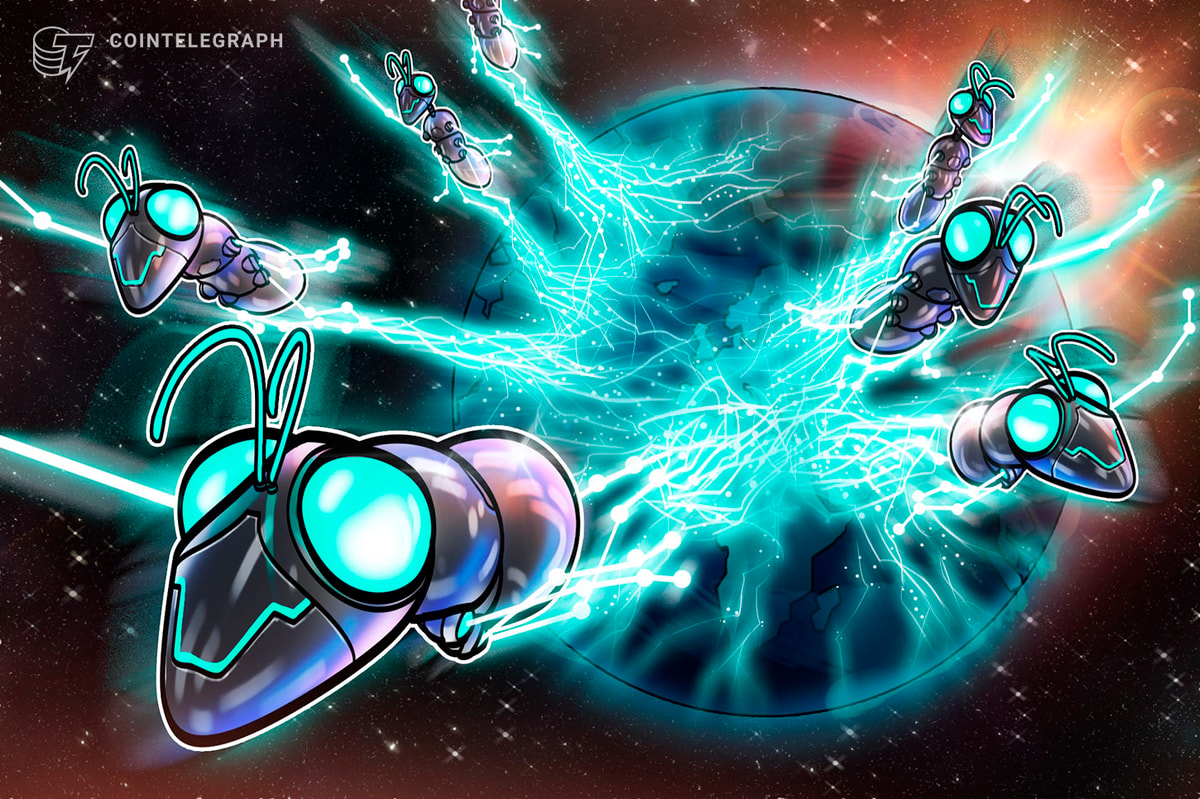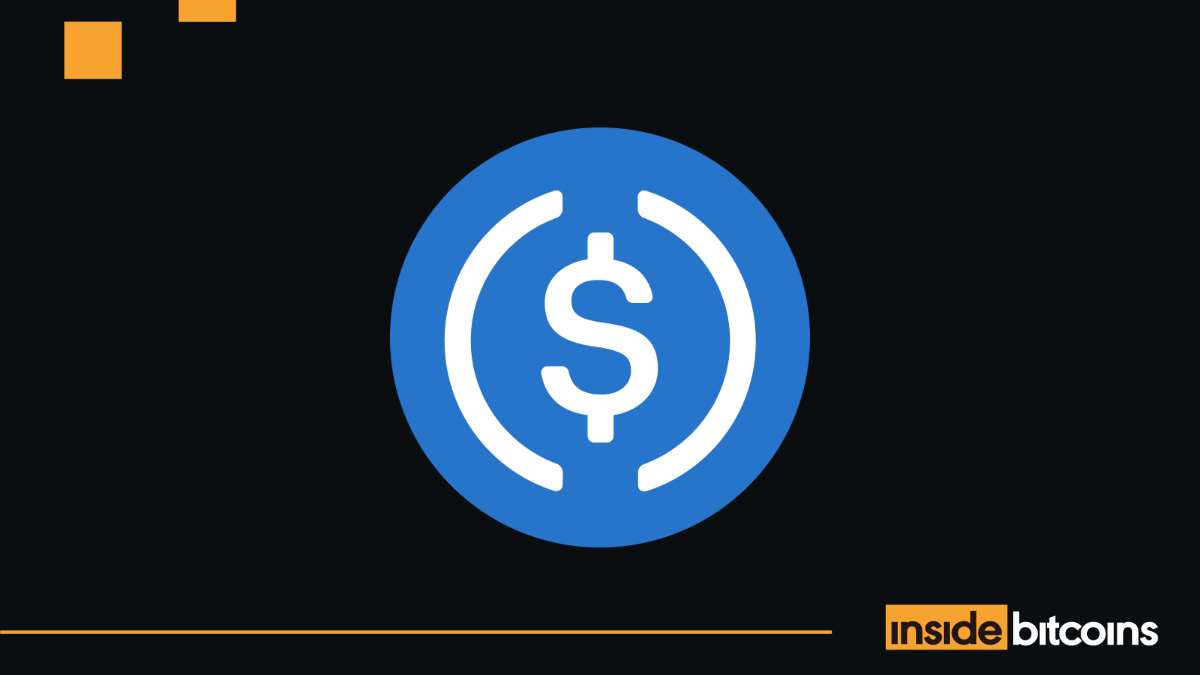
The case of the meme coin $HAWK, launched by the viral creator Haliey Welch, has sparked a heated debate in the crypto world. From the record valuation to the collapse in 20 minutes, up to the acquittal by the SEC, this story reveals much about the risks and regulatory ambiguities of the sector.
The initial boom of $HAWK: a 500 Million meme coin (for 20 minutes)
When Haliey Welch, known online as the “Hawk Tuah” meme girl, launched her $HAWK token, the market reacted with euphoria. In a few hours, the value of the coin reached an extraordinary capitalization of 500 million dollars.
However, in just 20 minutes, the token lost over 95% of its value, crashing below 60 million. The plunge immediately triggered accusations of pump-and-dump, drawing the attention of U.S. regulators.
The SEC investigation: no charges for Haliey Welch
Following the collapse, the Securities and Exchange Commission (SEC) initiated an investigation to assess any violations of securities laws. On March 28, 2025, Haliey Welch officially announced that the investigation was closed, without any charges or financial penalties being brought against her.
“The investigation is closed and I will not face any charges or sanctions.”
The SEC has determined that meme coins, not being considered securities, do not fall under its jurisdiction. Furthermore, no evidence of fraudulent conduct by Welch has emerged, who fully cooperated with the authorities throughout the investigative phase.
Meme Coin and regulation: the regulatory void
According to former SEC attorney Marc Fagel, the “no liability” formula is unusual for the agency and indicates a change in approach. The current administration seems to consider meme coins outside the regulatory perimeter of the SEC.
James “Metalawman” Murphy has also confirmed that the decision is not surprising: meme coins, as assets lacking investment contract characteristics, are not considered securities unless there is clear evidence of fraud.
David Sacks, head of the presidential task force on digital assets, has also proposed a new classification for meme coins, comparable to digital collectibles, similar to NFTs. A paradigm shift that, if adopted, could drastically reduce federal authorities’ intervention on this type of asset.
What are meme coins really?
Today, the term “meme coin” is used to identify tokens often lacking real utility, launched by influencers or public figures with the goal of monetizing media attention.
Unlike the original projects like Dogecoin, which have built their own community and identity over time, the new meme coins tend to follow a lightning-fast dynamic: a token is created, promoted with viral memes and social media hype, there is an initial boom and then often a rapid bear.
The case of $HAWK is not isolated. Even well-known figures like Donald Trump and Melania Trump have been linked to similar initiatives. In many cases, the technical management is entrusted to external teams, and the promoters defend themselves by invoking the lack of direct operational control.
Lessons from the $HAWK case
Here are some useful reflections for investors, creator, and regulators:
1. Viralità non significa valore
L’interesse sui social può spingere temporaneamente il prezzo di un token, ma senza fondamentali solidi, l’instabilità è inevitabile.
2. The absence of regulation does not equate to impunity
Even if the SEC has not intervened, any criminal or civil liabilities could still be assessed by other authorities.
3. Collaboration with entities can make the difference
Welch chose to collaborate transparently with the SEC, a strategy that helped close the case without further consequences.
4. More financial education is needed
Many buyers of meme coins do not understand the risks associated with these volatile assets. The lack of awareness is fertile ground for abuses.
Conclusion: cosa ci insegna il caso Welch
The $HAWK case does not close only with a non-indictment: it leaves behind deep questions about the nature and regulation of meme coins. Haliey Welch emerged legally unscathed, but the episode highlights the need for greater regulatory clarity, responsibility from the creators, and above all, information for investors.
As long as the sector continues to move in a gray area, events like this will be neither the first nor the last. And in this context, the line between innovation, aggressive marketing, and real risk remains as thin as ever.

 2 days ago
34
2 days ago
34









 English (US) ·
English (US) ·